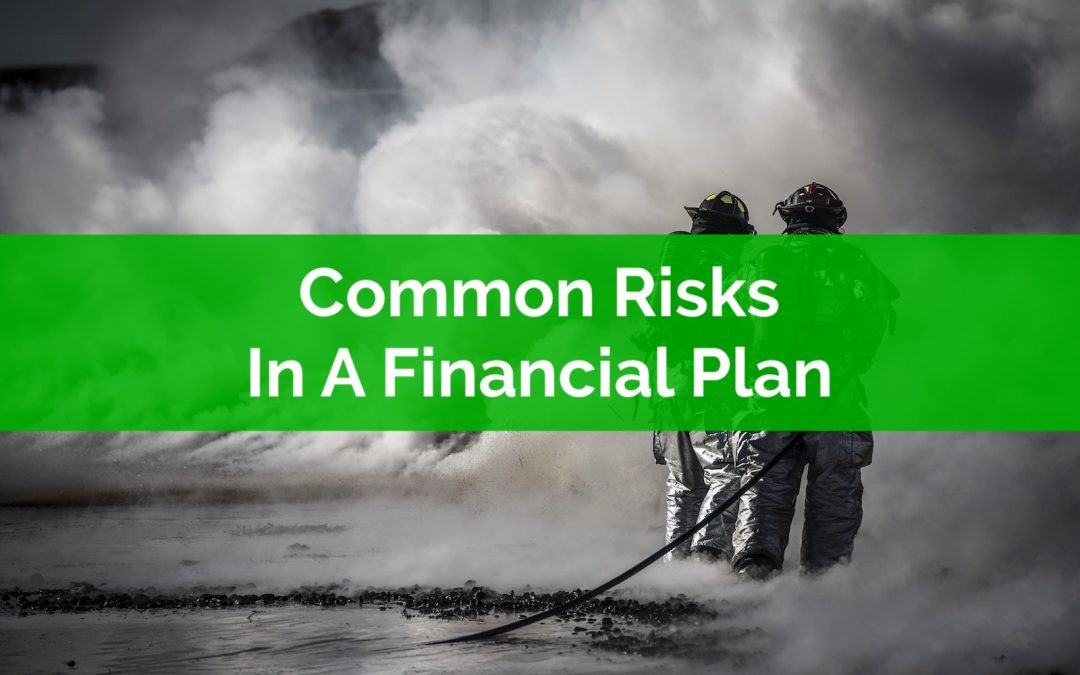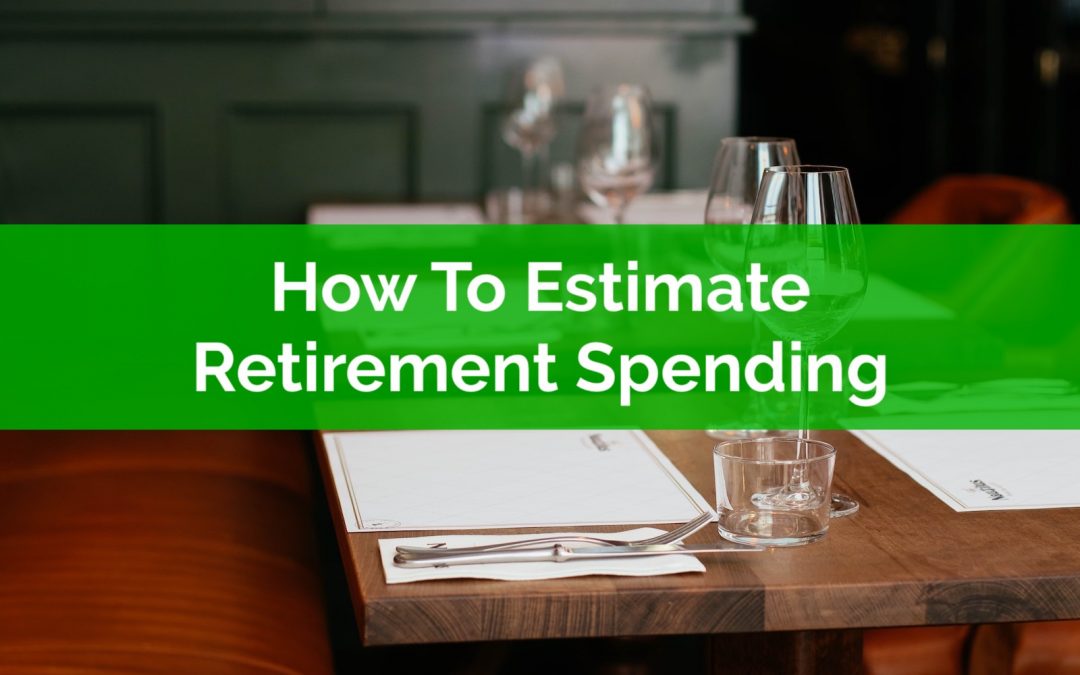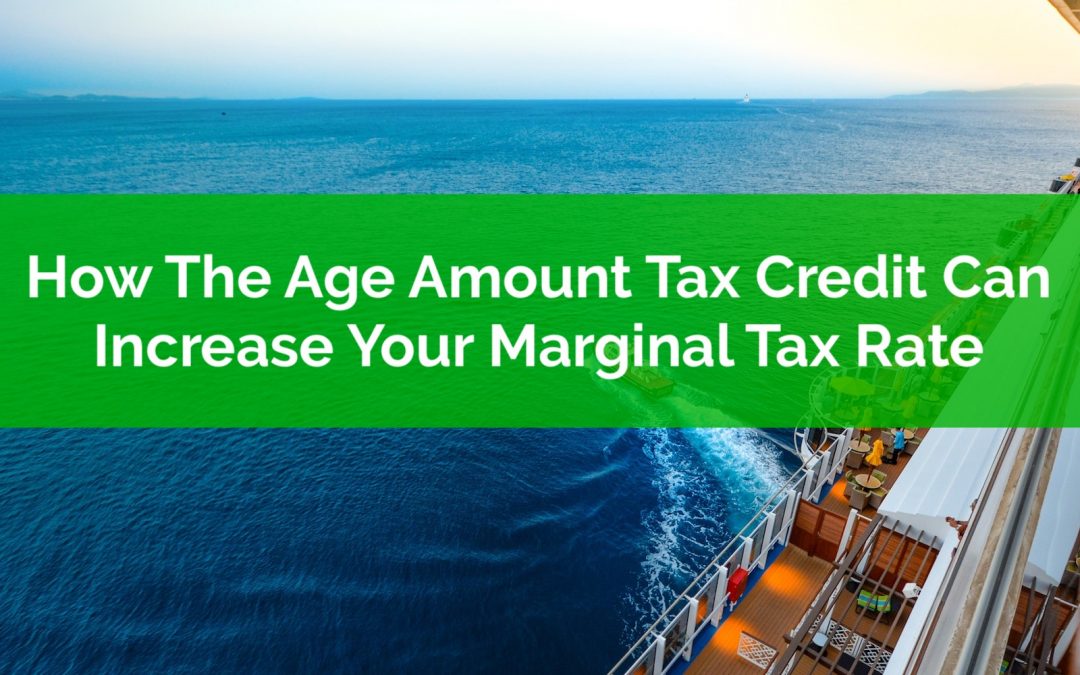
by Owen | Jul 19, 2021 | Buying A Home, Financial Planning, Retirement Planning, Tax Planning
There are a number of personal and financial benefits when owning a home. There is the stability, the forced savings of mortgage payments, the potential for appreciation etc. etc. But there are two somewhat less obvious benefits of owning a home.
These benefits will help homeowners financially, both before retirement in the accumulation phase and also after retirement in the decumulation phase. These benefits will make it easier for homeowners to achieve their financial goals, decrease taxes, and minimize government benefit clawbacks.
In this post we’re going to explore two, perhaps hidden, benefits of owning a home.

by Owen | May 24, 2021 | Financial Planning, Insurance And Risk Management, Retirement Planning
No financial plan is immune from risk. No amount of planning is going to eliminate risk entirely. In fact, there are many common risks in a financial plan that may cause issues down the road. What we need to do is identify what types of risk a financial plan may face and find ways to reduce risk or mitigate it where possible.
When we talk about risk we naturally assume that means investment risk. While this is one common type of risk, there are also many other risks we need to watch out for.
A lot of these risks can be reduced or sometimes even eliminated with proper planning. For each major type of risk below, we’ve highlighted a few ways to help mitigate the impact it may cause. But even with these tips, its usually impossible to eliminate risk entirely.
A financial plan will typically cover 30-50+ years. Over this time span there are many unknowns that may occur. A good financial plan will be flexible enough to absorb these unknowns and still be able to reach the same goals with only minor tweaks.
This flexibility is important. It’s impossible to eliminate all risk. It’s very likely that even the best laid plans will experience some disruption along the way. Having some flexibility, and knowing where that flexibility exists, will help reduce the stress and impact if the unfortunate were to happen.

by Owen | May 17, 2021 | Budgeting, Financial Planning, Retirement Planning, Tax Planning
Retirement spending is one of the most important assumptions in a retirement plan. Making the right retirement spending assumption can make the rest of a retirement plan much easier. Making the right assumption can also make a retirement plan much more successful.
Making the wrong retirement spending assumption however could mean running out of money in retirement, or it could mean working longer than necessary, or it could mean accumulating millions of dollars late in retirement. All things we would prefer to avoid.
Of course, there are some simple “rules” for retirement spending like assuming 70% of pre-retirement income, but given how important retirement spending is in a retirement plan these generic rules can lead to issues in the future.
When creating a retirement plan it’s important to make the right retirement spending assumption. This means avoiding generic rules and instead understanding your unique spending needs today and how they might change in retirement. This also means understanding the impact of being wrong with your retirement spending assumption and how doing a “trial run” of retirement spending can help improve the level of confidence you have in your retirement plan.

by Owen | May 3, 2021 | Financial Planning, Retirement Planning, Tax Planning
Marginal tax rates are important. The represent the income tax you pay on the next dollar of income. Knowing your marginal tax rate both now and in the future can be extremely helpful when doing tax planning.
One tax planning opportunity is to make an RRSP contribution in a high tax bracket and withdraw later in a lower tax bracket. This opportunity can help defer tax until retirement when RRSP withdrawals are made at a lower tax rate. Ideally, an RRSP contribution allows you to contribute at a high marginal tax rate and withdraw at a lower marginal tax rate in the future.
This difference in tax rates can lead to a lot of tax savings. Contribute at a 40% tax rate now and withdraw at a 20% or 30% tax rate in the future and for every $1,000 that goes into an RRSP there is $100 to $200 in tax savings over a lifetime. Expand that to tens or hundreds of thousands of dollars of contribution and you can begin to see the incredible opportunity that a bit of tax planning can create.
But what if your marginal tax rate in retirement isn’t quite what you think it will be? What if its higher than you think? What if the typical marginal tax rate tables are missing something? You might be underestimating your future marginal tax rate in retirement.
In this post we’re going to explore a tax credit called the Age Amount and in particular the way that the Age Amount is reduced (or clawed back) based on income in retirement.
We’re also going to explore how this may affect your marginal tax rate in retirement. As we’ll see, the marginal tax rate you’re planning for may not be the marginal tax rate you actually experience in retirement.

by Owen | Apr 26, 2021 | Financial Planning, Insurance And Risk Management, Investment Planning, Retirement Planning
If we knew how things would unfold in the future, then financial planning would be easy.
If we knew things like future investment returns and future inflation rates, then that would remove a lot of uncertainty in a financial plan.
If we also knew when we’re going to die, then we could make sure that we spend every penny and “bounce the last check”.
But because of all the unknowns, we have a lot of uncertainty within a financial plan. To create a great financial plan, we have to evaluate and plan for that uncertainty. We have to understand both the average and the extremes. We don’t want to run out of money in the future, so it’s important that we manage this uncertainty properly and avoid making bad assumptions.
Life expectancy is one of those assumptions and it’s a big assumption within a financial plan. Assume a life expectancy that is too short and there could be years (or possibly decades) of meager retirement income.
When it comes to life expectancy, we can’t just assume the average, we need to know how much longer our money needs to last. Is it 5-years past the average, 10-years, 20-years, or more? Hopefully it’s for a very long time.

by Owen | Apr 19, 2021 | Behavioral Finance, Buying A Home, Financial Planning
Credit reporting has turned into a multi-billion-dollar business but getting your credit report doesn’t have to be expensive, in fact, you can get a free credit report mailed to you once per year and all it takes is just 5-minutes.
A credit report represents all your recent credit history, mortgages, credit cards, vehicle loans, lines of credit, and even some bill payments. It’s often referred to as a “consumer disclosure” or “credit file disclosure” but most people call it a credit report.
Every piece of debt you’ve recently owned (even if paid off or closed) should be represented on your credit report. It will also capture your current and past addresses, phone numbers, even employers.
In today’s world your credit report is very important. It directly impacts your ability to qualify for new debt. Plus, it often gets pull as part of a thorough background check. It can also help identify fraud and identity theft early on, limiting the damage.
Your credit report is so important that it’s a good idea to check and review it on a regular basis.
Page 13 of 27«...1112131415...»






